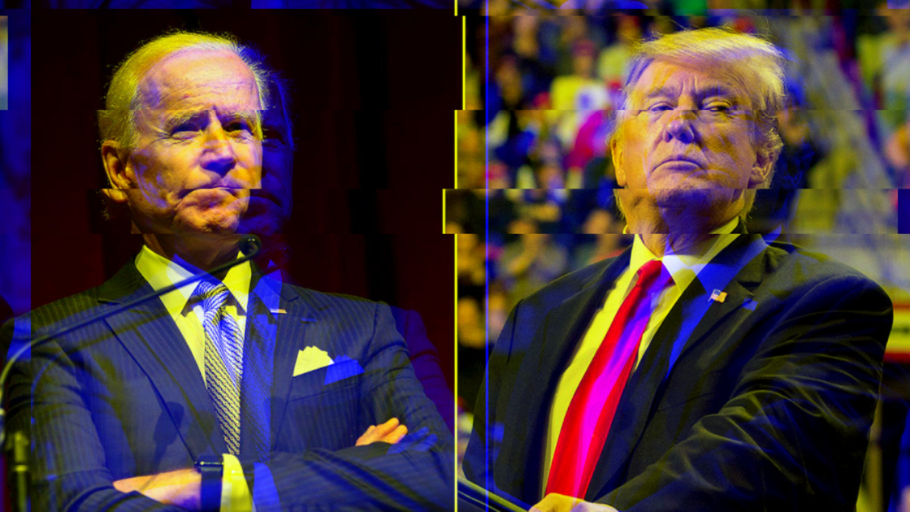Next week, the world will change. Or will it?
However the election goes won’t change that the three richest Americans — Jeff Bezos, Bill Gates, and Mark Zuckerberg — own as a much as the poorest half.
That police violence is a leading cause of death for Black men. That veterans of the war in Afghanistan are now watching their kids deploy to the same war. That this week an already-scorched California faces its highest fire risk so far in 2020.
That a plague has taken over 225,000 American lives, left millions unemployed, and closed nearly 10,000 small businesses.
Getting Trump out is crucial. But Joe Biden will only mildly reform capitalism, the political and economic system holding us back from true, lasting change.
But those facts don’t change how I feel. A part of me hopes something, anything will shift on Tuesday. The same part that wakes up every morning hoping all of this — Trump, the plague, climate change — was a nightmare. The same part that wants to get back to “normal.”
If I’ve learned anything through meditation practice, it’s that the mind is almost constantly leaving the present moment.
The boredom, the sadness, the anger, the anxiety is too much to handle. So the mind churns. About how things should be. How I should be. How things could’ve been. How things will be if I just do this or that.
No wonder racism is such a powerful political tool. The number one reason British people voted to leave the European Union back in 2016 was a lack of economic mobility. They didn’t think life was going to get any better the way things were headed.
Like Trump, the leaders of the Brexit campaign successfully channeled this discontent into blaming immigrants of color.
What do we do with this part of ourselves that wants a better future? Isn’t it normal and healthy to hope for the best?
It is. It’s how our minds work. It’s human.
The problem comes when we’re banking on some massive shift to change how we feel. Some deus ex machina that’s going to swoop in and fix everything.
Trump crawling back to Trump Tower never to be seen again. A vaccine wiping out coronavirus with the snap of a finger.
These fantasies distance us from the cold, hard, messy truth. They keep us out of the hot, sticky, muddy river that is what the poet Mary Oliver called our “one wild and precious life.”
But like any thought patterns, they’re information. They point out our needs right here, right now — if we just slow down enough to look at them.
“External, measurable outcomes all point to the internal, subjective experiences or feelings that we most want to have in our lives,” writes the professional coach Tripp Lanier.
In other words, our mind fantasizes about the future, but our emotions point to what we need right here, right now.
What would it feel like if Trump loses? What would you do, right now, if a coronavirus disappeared?
Psychotherapists call this exercise “the Miracle Question.” They have clients imagine an ideal future. They ask what the clients would feel if that future happened. Then they connect those feelings to actions that can be taken in the present.
I don’t know about you, but if Trump loses in a landslide, I’d feel a lot. I’d feel free, motivated, fully alive, safer, connected.
So, what can I do today, regardless of the circumstances, to feel that way?
Who can I call or text, right now, to feel connected? What tough conversation am I avoiding? (Because there’s always at least one.) What hike have I been longing to do? How can I engage in local politics beyond Tuesday?
Bottom line: Getting our emotional houses in order before Tuesday will serve us way more than refreshing polling data and doomscrolling social media.
I’m a writer, meditation teacher, and host of the Meditation for the 99% podcast. If you’d like to work with me on your meditation practice or being more mindful, reach out. Get my writing straight to your email inbox here.
Download my free ebook on starting and sticking with a meditation practice here.
